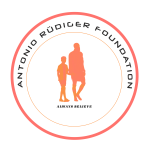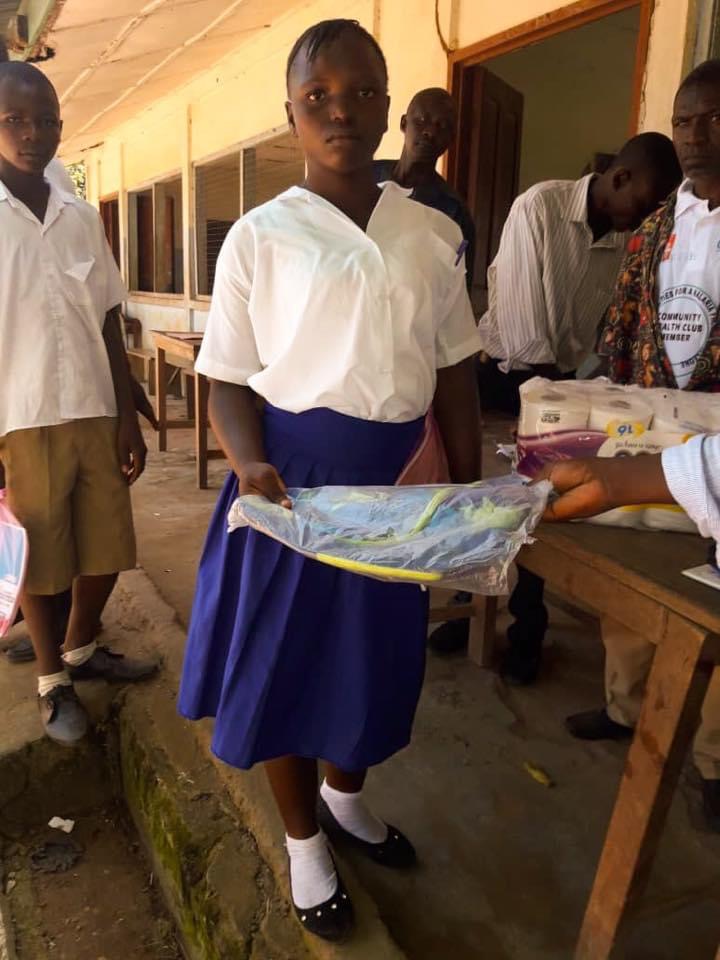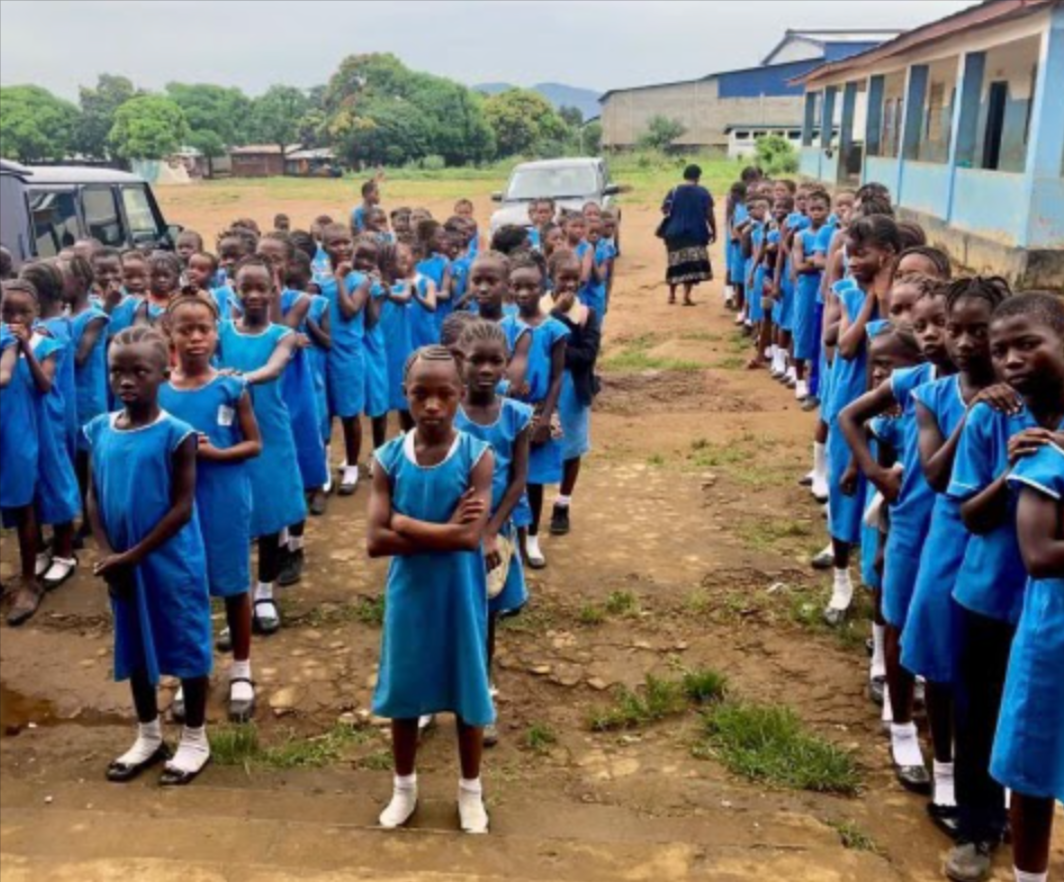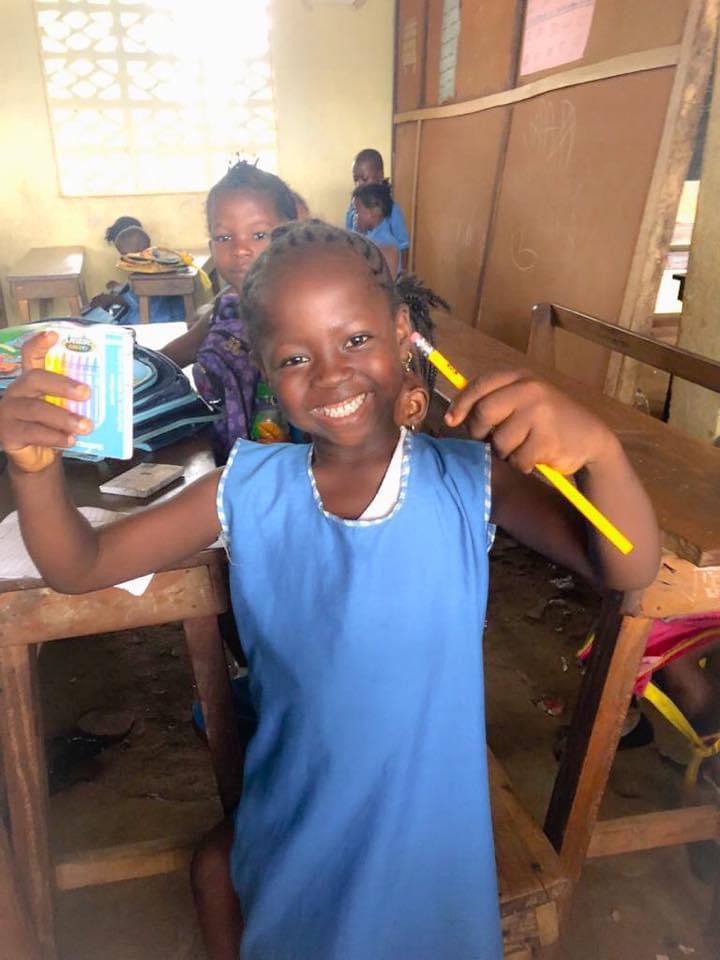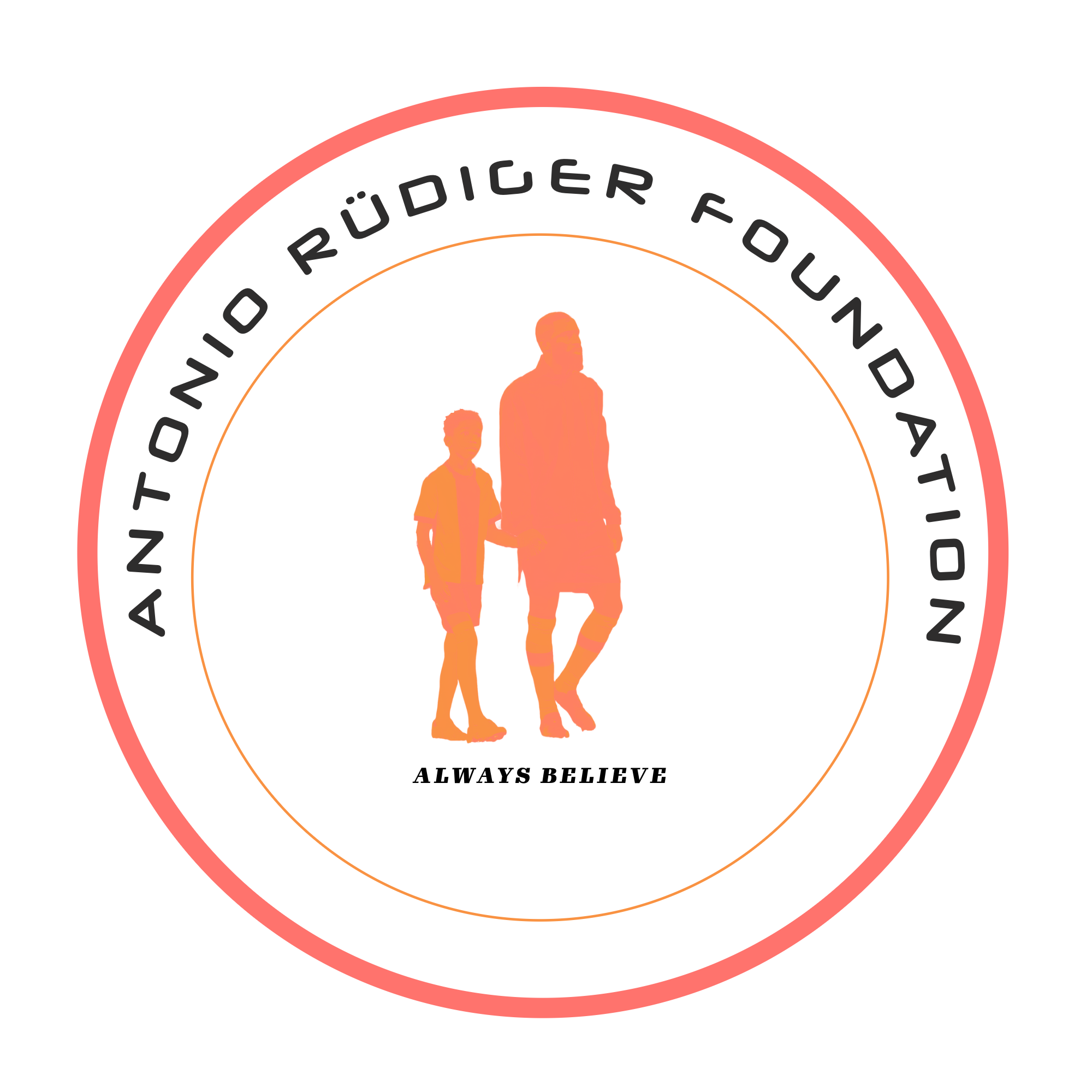Sierra Leone’s educational challenges hinder its development. Substantial gaps remain in access, quality, and equity of education. Addressing these gaps is critical for the nation’s progress, as better education directly correlates with improved quality of life, economic development, and social stability.
The statistics on Sierra Leone’s education system reveal a concerning picture. According to UNESCO, the literacy rate stands at approximately 43%, significantly lower than the global average of 86%. This gap is more pronounced in rural areas, where access to quality education is severely limited. Furthermore, the Gross Enrollment Ratio (GER) for secondary education is around 45%, indicating that more than half of the eligible children are not enrolled in secondary school. High dropout rates, driven by factors such as poverty, early marriage, and lack of resources, exacerbate the problem.
Improving access to quality education in Sierra Leone has the potential to transform lives and communities. Data consistently shows that individuals with higher levels of education tend to have better health outcomes, higher earning potential, and greater civic participation. For instance, the World Bank reports that each additional year of schooling can increase a person’s income by up to 10%. In a country where the average income is less than $500 per year, this increase can significantly enhance living standards and reduce poverty.
Education also plays a crucial role in health and well-being. Educated individuals are more likely to make informed health choices, seek medical care when needed, and have lower rates of infant and maternal mortality. In Sierra Leone, where the maternal mortality rate is one of the highest in the world at 1,120 deaths per 100,000 live births, improving education can have a profound impact on health outcomes. UNESCO data suggests that educated mothers are more likely to immunize their children and ensure they receive proper nutrition, leading to lower child mortality rates and better overall health.
Gender disparities in education remain a significant issue in Sierra Leone. Girls are less likely to attend school and more likely to drop out early compared to boys. According to UNICEF, only about 37% of girls complete primary education. Addressing these gender gaps is crucial for achieving equality and empowering women. Educating girls has been shown to yield high returns in terms of economic growth, health, and societal well-being. Studies indicate that closing the gender gap in education could add billions to the global economy. For Sierra Leone, this means unlocking the potential of half of its population, leading to more balanced and inclusive development.
The benefits of education extend beyond the individual level to broader societal impacts. A well-educated populace is essential for economic growth and innovation. Education equips individuals with the skills needed to participate in a modern economy, driving productivity and competitiveness. In Sierra Leone, increasing educational attainment can help diversify the economy, which is currently heavily reliant on agriculture and mining. By fostering a knowledgeable and skilled workforce, the country can attract investment, create jobs, and reduce dependency on external aid.
Addressing the educational challenges in Sierra Leone requires a multifaceted approach. Increasing funding for education, particularly in rural areas, is essential. Building more schools, providing scholarships, and investing in teacher training can help bridge the access gap. Furthermore, integrating technology in education, such as e-learning platforms, can provide students with the tools they need to succeed in a digital world.
Closing the education gaps in Sierra Leone is pivotal for the nation’s future. Better education improves the quality of life, drives economic growth, and fosters social stability. By investing in education, Sierra Leone can unlock its full potential, empowering its citizens and paving the way for a brighter, more prosperous future.
